Niger
After fleeing the jihadists who threatened their remote village, Aichata Hassan had no idea that another mighty challenge lay ahead: proving to the authorities that her 12-year-old daughter, Nadia existed.
Like countless other children in Niger, Nadia has no birth certificate, which meant that she could not enrol in secondary school.
"Where I am right now, I just don't have the money. Since last year I was told that my daughter can't go to college if she doesn't have the documents. But it's because I don't have the money that I can't do it," said Aichata Hassan, Nadia's mother who was displaced from the village of Alzou.
No legal identity
Some villages have no official records for births and the lack of a certificate becomes all the more problematic families who are displaced.
Today, an identity card is required to enrol in a school.
According Idrissa Illiassou, education advisor of the Sakoira school; "Many children do not have a birth certificate. You have to go to the exam and at the exam we can't send them to another round without having a civil status that says who they are, where they come from, that identifies them."
In Niger, with half the population under the age of 15, four out of 10 children are not registered at birth due to a lack of state infrastructure, old habits, or simply a lack of knowledge of the law.
"They (the population) are not yet systematically registering as soon as civil status events occur in their family, they are still waiting for the need to do so."
"For example for school, for justice, that the need arises for other circumstances in life, to benefit from a grant, to open an account at the bank, and so it's at this point that people realise that they need to do the civil status record, whereas they should have done it earlier when it was free," expressed Ibrahim Malangoni, National Director of Civil Status in Niger.
ID papers are a massive challenge for Niger, one of the world's poorest countries.
With support from the international community, Niger is trying to solve the problem.
Today 60 percent of births are registered, but this still leaves four out of every 10 children invisible to the state.




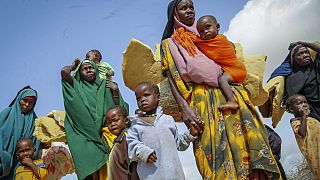
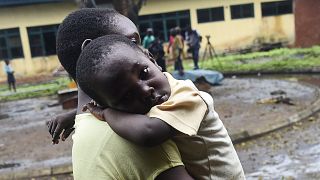
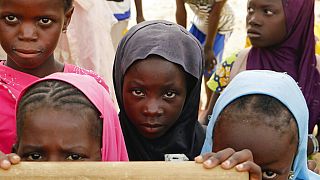
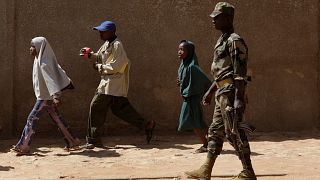
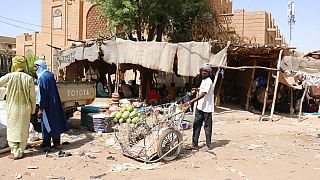
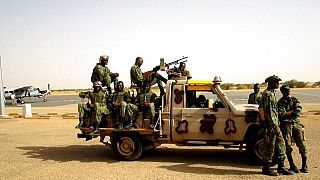
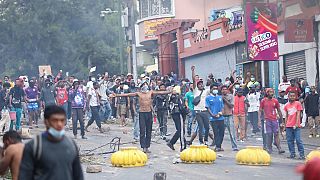


35:27
The Sahel Alliance leaves the ICC… should the rest of Africa follow? [Africanews Debates]
01:02
International court blocks Niger uranium sale amid Orano dispute
01:00
Ethiopia, Niger plan to build nuclear plants with Russia's Rosatom
01:03
Burkina, Mali, Niger residents hail ICC exit as step to sovereignty
01:09
At least 8 children dead in drone attack in gang-controlled slum in Haiti
01:52
Nearly 80 million more children benefit from school meals, WFP says